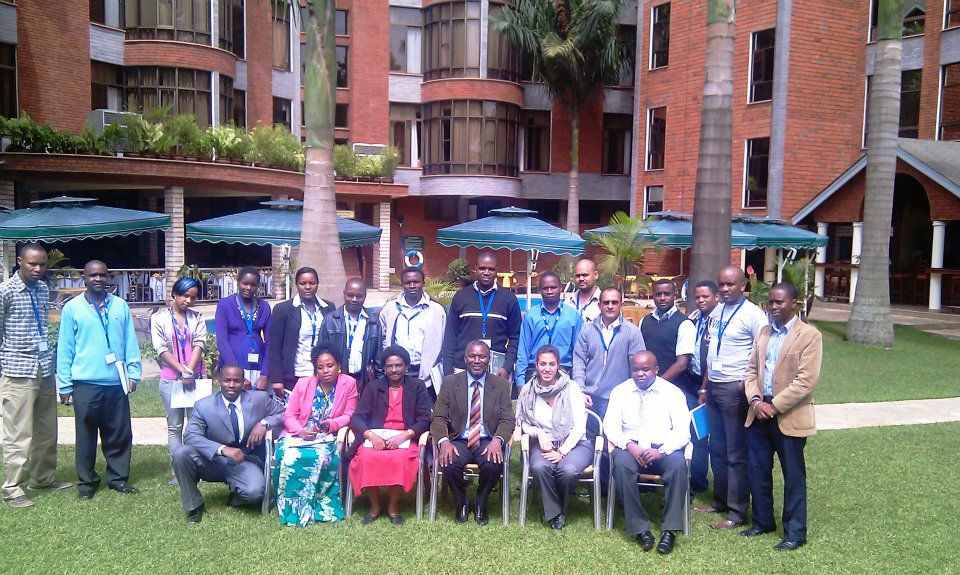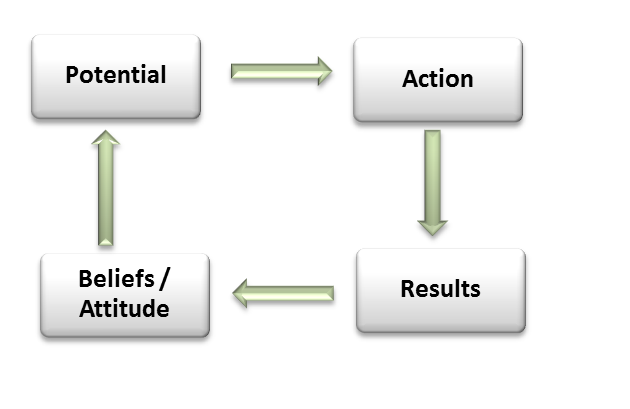Understanding passion in leadership

Leadership is the capacity to influence people through inspiration. This inspiration is generated by passion whose source is a value based vision. When you have passion, you can inspire people and when you inspire people, you can influence them. Just, what is passion and how is it related to leadership?
Passion is a compelling emotion or feeling that gives us energy. It so happens whenever we have passion, we seem to get this stamina that stays with us all the time and does not go away. We experience passion whenever we are enjoying what we are doing. When we become passionate about what we do, we strive to achieve what we desire. If our desire to lead people so that they can grow and become more by performing to their best, we begin to build influence with the people we work with. Continue reading...



